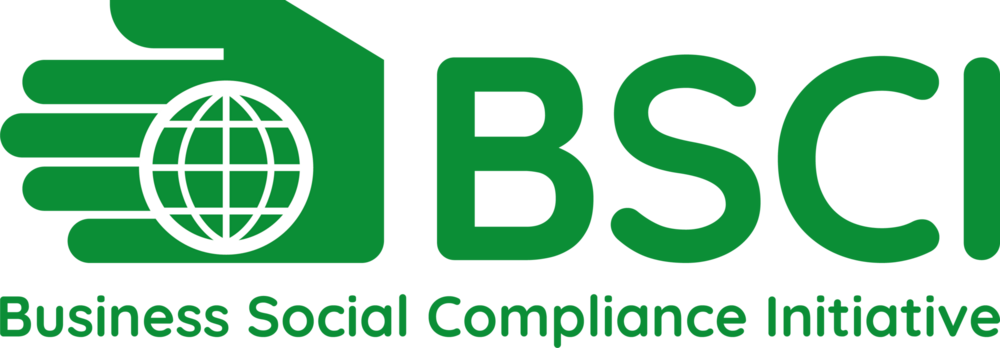Assessment, Training & Certification Services.
BSCI Certification – Promote Ethical Business Practices in Your Supply Chain
What is BSCI Certification?
BSCI (Business Social Compliance Initiative) is a globally recognized framework that helps companies improve social performance across their supply chains. It focuses on ethical business practices such as fair labor, workplace safety, human rights protection, and environmental responsibility.
BSCI is not just about compliance—it reflects a company’s commitment to ethical sourcing and socially responsible operations, trusted by global buyers and retailers.
Why BSCI Certification is Important
In today’s global economy, businesses face growing expectations for transparency and fair treatment of workers. Many European and international retailers require BSCI compliance before working with suppliers.
Key Benefits:
Earn trust from international buyers and retailers
Improve labor conditions and worker well-being
Enhance brand reputation and competitiveness
Meet international standards for social responsibility
Reduce risk of audits, legal penalties, or supply chain disruptions
Who Needs BSCI Certification?
BSCI is ideal for:
Manufacturers & Suppliers in textiles, garments, furniture, electronics, etc.
Exporters targeting EU, UK, and global markets
Factories in developing countries supplying to global brands
Companies aligning with ESG goals (Environmental, Social, Governance)
What Does BSCI Cover?
BSCI audits are based on ILO (International Labour Organization) conventions and include:
Prohibition of child labor, forced labor, and discrimination
Fair wages and regulated working hours
Workplace health and safety standards
Freedom of association and collective bargaining rights
Ethical and transparent business behavior
Environmental responsibility in operations
BSCI Certification Process
While audits are conducted by accredited third parties, the general steps include:
Gap Analysis – Evaluate current practices against BSCI standards
Documentation & Policies – Establish HR, safety, and ethical compliance policies
Training & Awareness – Educate staff and management on social responsibility
Audit Preparation – Ensure readiness for the official BSCI audit
Corrective Actions – Address any non-conformities identified
Ongoing Monitoring – Maintain compliance with regular reviews and updates
Benefits of BSCI Compliance
Stronger relationships with global retailers
Better working conditions and employee satisfaction
Reduced risk of supply chain interruptions
Recognition as a socially responsible and ethical business
Contribution to global sustainability and ESG goals
In summary:
BSCI Certification provides a global standard for ethical supply chain management, ensuring businesses protect workers’ rights, uphold fair practices, and meet international buyer expectations.
